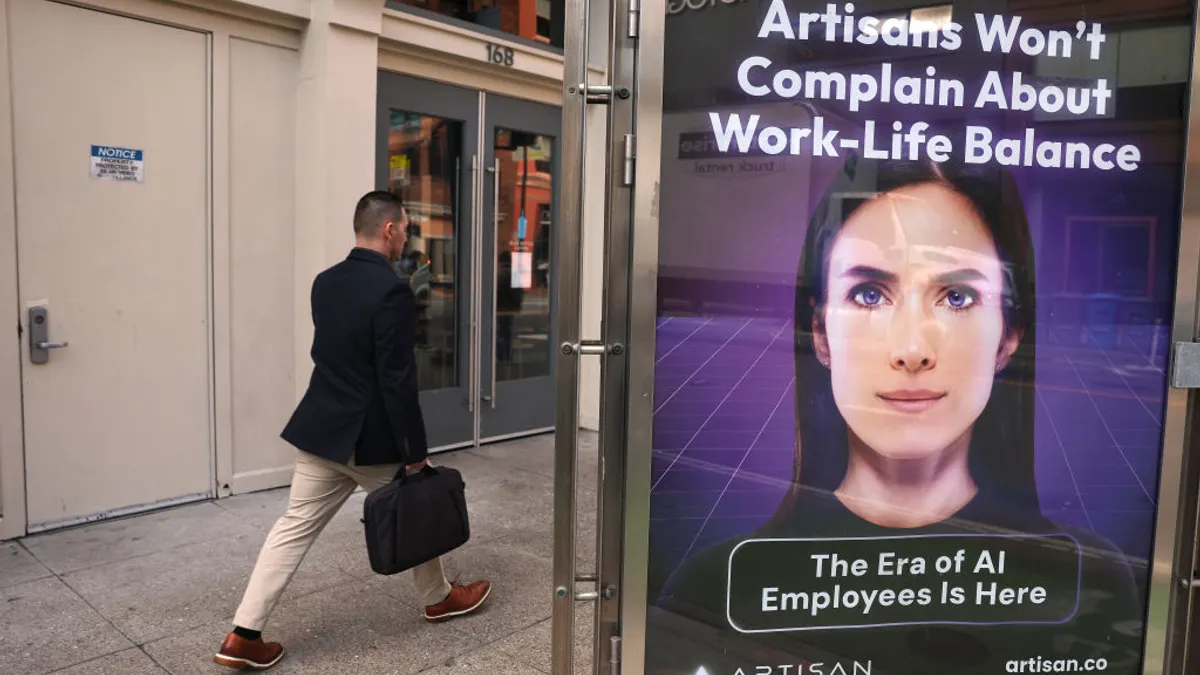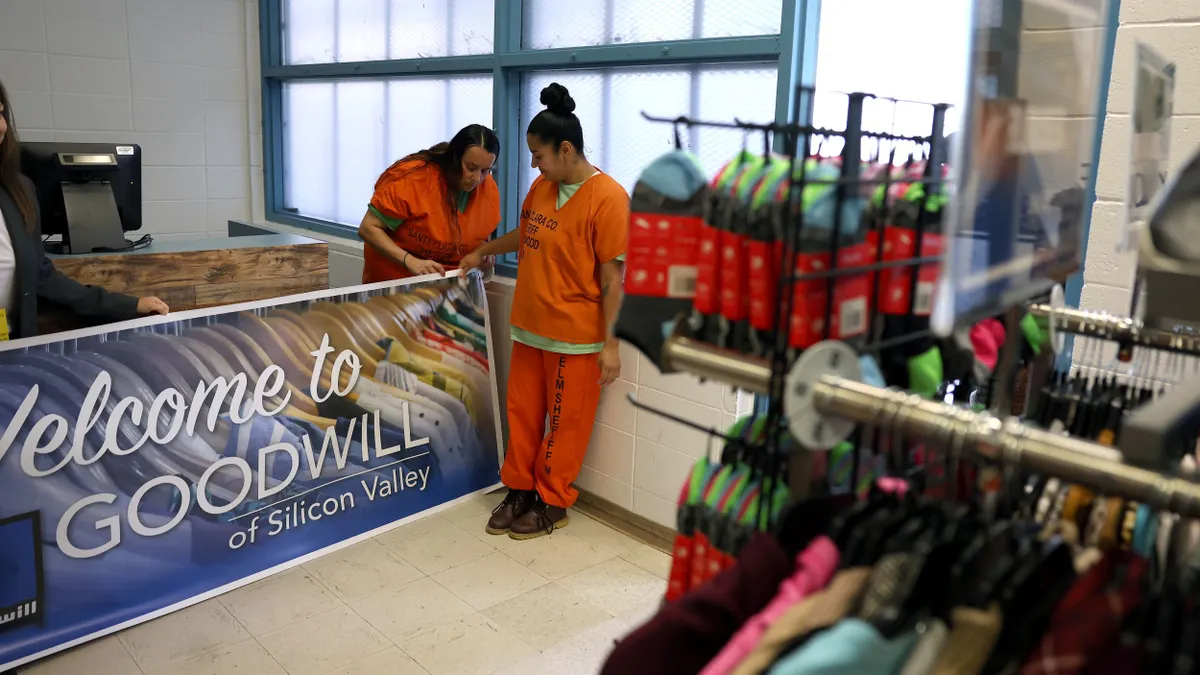Chris Johnson, CEO and co-founder of recruiting platform Uncubed, kicked off the first edition of his company's HR Uncubed conference during the late morning hours of Apr. 27 in the large tasting room of the Brooklyn Brewery.
Attendees sat on wooden benches clad in everything from ties to t-shirts. As Johnson spoke, you could see staff preparing for lunch later in the day behind an inviting walk-up bar underneath modern, dimly lit lamps hanging from an exposed wooden beam ceiling.
Imagine your employer brand making a first impression on new job candidates the same way Johnson and his team did on recruiters and HR professionals at HR Uncubed. The company styled the event during its run-up as a laid back, casual forum for candid conversation.
True to their word, staff wore short sleeves and handed out free beer tokens. One sponsoring firm held "intimate conversation" sessions with small groups of attendees about issues in the contingent workforce. If that's not branding success, feel free to point me in the right direction.
It seems appropriate in hindsight that employer branding was the biggest topic of conversation among attendees. The stated goal on day one of HR Uncubed, according to Uncubed CCO Tarek Pertew, was to talk about strategies that make candidates "fall in love before they apply." The following is a short overview of two key points made by panelists.
1: Make a storybook, not an instruction manual
One of the best points Johnson made during his opening keynote — which encompassed a very brief trek through the history of HR — was that despite our cultural focus on visual communication in the form of video, social media and other forms, recruiters still rely heavily on plain black-and-white job boards to launch job descriptions.
Uncubed has developed a way to advertise jobs through customized videos which feature a detailed assessment of the requirements by a manager. Demonstrating it during the keynote, Uncubed's example seemed to offer a more personal touch than what would typically be found on posting sites.
Other firms, like Cisco, have experienced recruiting success in digitalizing the candidate experience.
By extension, it's wise to accurately reflect your workplace on your official webpage. Susan Riskin, VP of Human Resources at Bitly, said Bitly's career page is kept professional, but reminds candidates that "we don't take ourselves too seriously." Previous research has shown that the majority of candidates visit the company website before applying, so Riskin's advice clearly holds value.
2: Craft an authentic image
If you're not conveying a fundamental cultural interest in career development, you're doing it wrong. Dan Lyons, an author and screenwriter, spoke particularly to this point through the example of millennials and younger employees.
Assuming that employees want nothing more than "ping pong tables" is to Lyons "a huge misreading. It's almost insulting to tell millennials that you know what they want."
Instead, focus on the opportunity to let new employees handle big projects and assignments — and of course, giving them an opportunity to make that all-important phrase, "impact."
"It’s about taking an employee proposition and figuring out what they want to do," said Kristy Flynn, former VP of HR for Constant Contact. "Do they want to have an impact on the industry they're working in?"
Experiment with content creation, too. Stripe made headlines for creating its "New Yorker for Geeks" newsletter, which targets hard-to-find engineering talent. Such strategies also help to draw consumer attention to your main products and help to substantiate the market presence of smaller firms.
"Recruiting has a lot of similarities with marketing," said Simone Kalmakis, Sr. Software Engineer of Flatiron Health. "If it’s the first time I’ve heard of that company, I’m not likely to consider that lead."
Day 2 of #HRCubed starts out with #HR's role in creating #culture. Big point: Without CEO buy-in, culture doesn't work. @YipitData
— Ryan Golden (@rt_golden94) April 28, 2017
Executive buy-in is crucial for success, however. "If the CEO doesn’t really believe in the company’s culture principles, it will never work," said Vin Vacanti, CEO of YipitData. For Vacanti, culture is about making consistent decisions within a set framework.
He described one workplace's practice of setting up a Venmo account, in which employees deposit $1 for every meeting to which they showed up late. Vacanti believes you can't say you care about values like respecting people's time if you can't live them consistently in the day-to-day.
"Ultimately, you have to kind of bite the bullet and you have to make decisions you don’t want to make to make the culture work," he said.




















